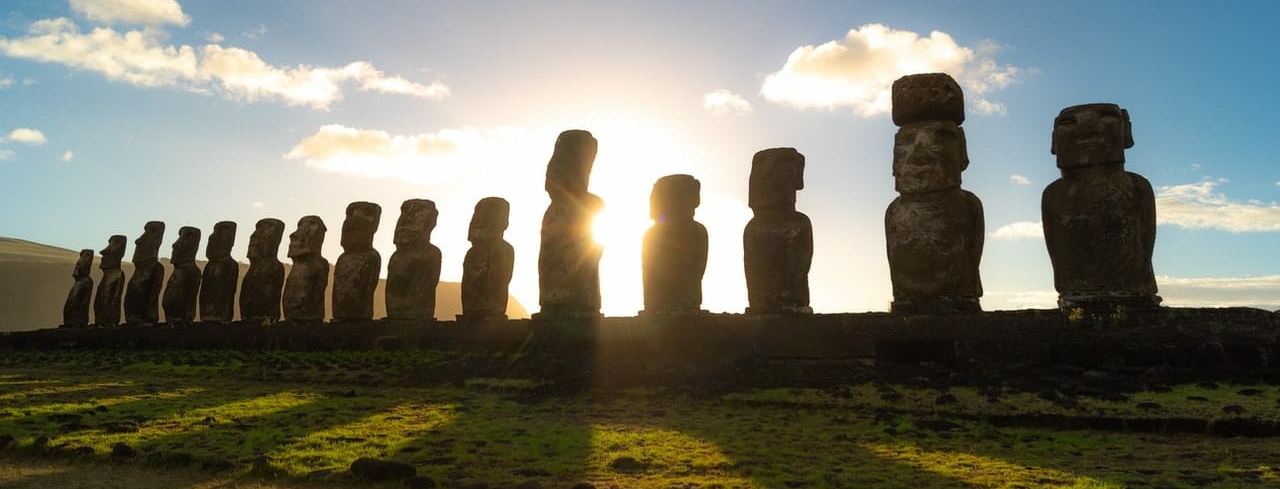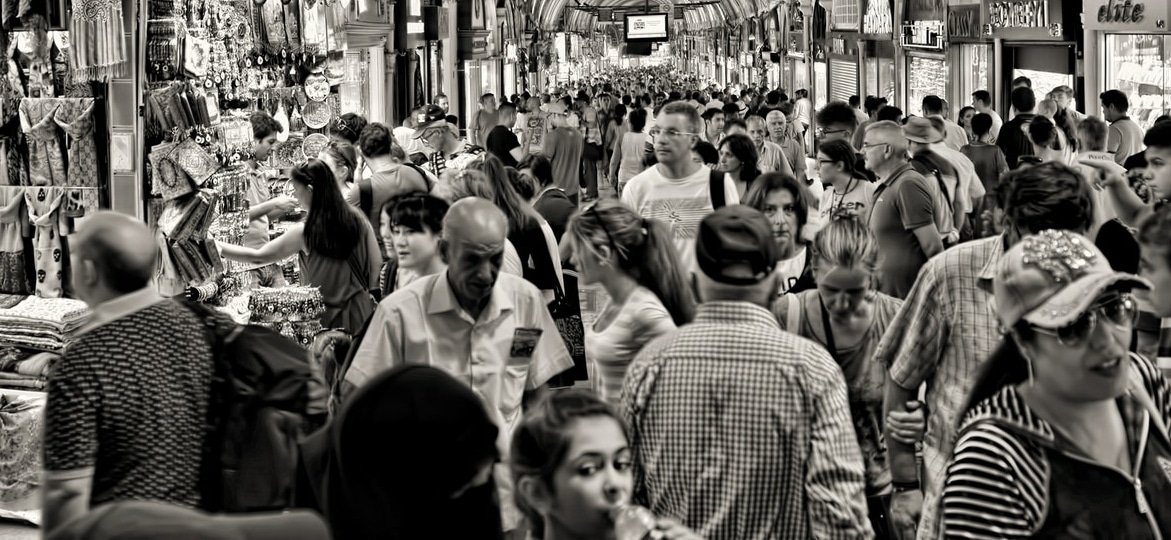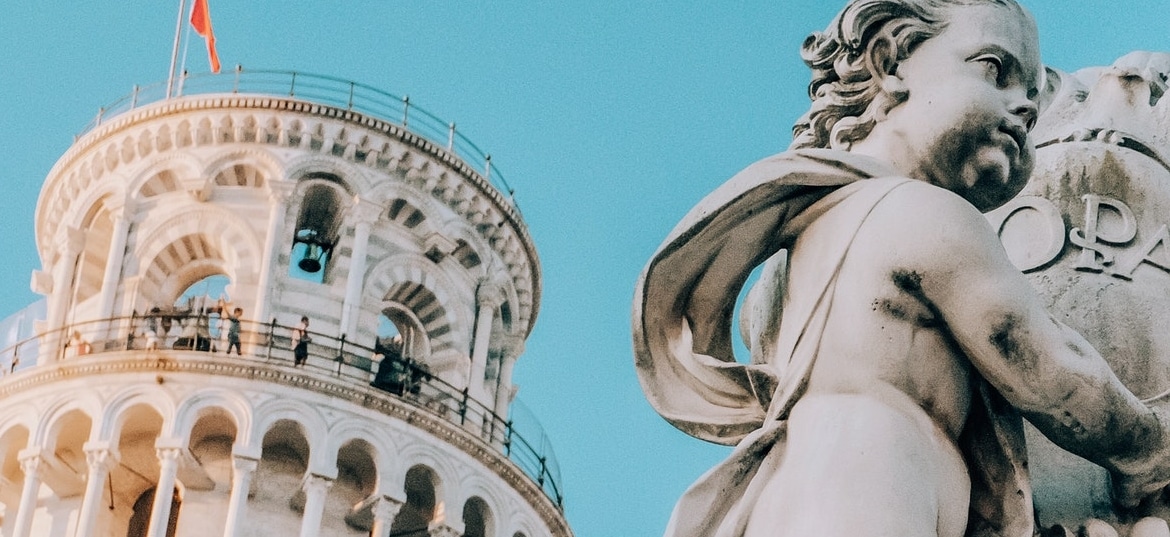Are you interested in anthropology? This English vocabulary sheet will be going over the most common & used terms and words in the field of anthropology, and more precisely:
- A comprehensive definition of anthropology;
- A lists of vocabulary words along with their definition and some examples.
Read on to discover the list and start learning English online!
Whether you wish to take the IELTS, TOEIC, TOEFL, CAE, FCE, BRIDGE, BULATS (Linguaskill) or even the BRIGHT ENGLISH, you need to enhance your English vocabulary in order to prepare for your test. We have have made a long list of vocabulary worksheets:
- Chemistry Vocabulary
- Stock Market Vocabulary
- Real Estate Vocabulary
- Purchase Vocabulary
- Product Vocabulary
- Research Vocabulary
- Phone Vocabulary
- Payment Vocabulary
- Office Supplies Vocabulary
- Management Vocabulary
- Law Vocabulary
- Human Resources Vocabulary
- The Factory Vocabulary
- Vocabulary List: Bank and Finance
- Computer Vocabulary
- Marketing Vocabulary
- Social Media Vocabulary
- Meteorology Vocabulary
- Culture Vocabulary List
- Architecture Vocabulary
- Sociology Vocabulary
What Is Anthropology and What Does It Aim to Achieve?
One can find two approaches to define anthropology:
- Anthropology is about the study of man and his community. A philosophical approach that focuses on the human being.
- It involves a survey in knowing on what ground a community of people has based its faith and built its institutions, its main social patterns; it also studies their interactions with each other.
In What Way Does Sociology Differ From Anthropology?
Sociology uses data on the dynamics and mechanisms that govern human behaviour and its environment in order to explain human social behaviour. Anthropology is a science based on the study of man through concrete facts, material evidence and physical features.
A sociologist can study the habits and customs of a tribe, by shedding light on the mechanisms that formed the basis of a ritual for instance.
An anthropologist can study the physical characteristics, the behaviours of a group of humans, and classify them into a category based on their similarities.

Anthropology Vocabulary: List of Terms And Concepts
| Word | Definition | Example |
|---|---|---|
| A | ||
| Aborigines | The earliest inhabitants of a particular place | The earliest inhabitants of Australia were Aborigines |
| Afro-american | American of African descent | Afro Americans have been fighting for their rights for centuries. |
| Allogeneic | An ethnic group that has recently settled in a territory and has retained some ethnic or racial characteristics that are distinct from the indigenous people | Chinese people are rather allogeneic wherever they settle |
| Allophyle | Someone from another tribe or another race | North Africans are Allophyles if they live in Europe |
| Americanism | All studies focused on the American continent | French food is increasingly influenced by Americanism |
| American Indian | American of Indian descent | American Indians were the earliest population in America |
| Ancestry | An ancestry represents the pattern of an individual's origins, based on genes and physical characteristics | It is believed that our ancestry comes from the monkey |
| Animism | It implies imputing consciousness to other beings, these could be people, animals, objects, vegetables, ghosts, the surroundings or even technological items | The Indians of the Amazon, the Inuit of the Arctic regions, the African tribes or the Aborigines of Australia practice animism and believe that everything lives with consciousness. |
| Apotropaic Eye | An apotropaic eye which is also called ‘eye cup’ is a drawing of an eye made by the early Greeks to ward off the ‘evil eye’ | Old Greeks used to draw an apotropaic eye on their drinking vessel |
| Autochthonous | A population originating from a place | Australia's Aborigines are supposed to be true autochthonous |
| B | ||
| Bastard | A biological child raised by a non-biological parent | The term "bastard" for a child out of wedlock is no longer used today |
| Belligerent | An aggressive temperament, quick to fight and clash with others | Ancient civilisations were known to have a belligerent character. |
| Black | A name assigned to people of black race | A new slogan inspired by abuse towards black people is ‘Black Lives Matter’ |
| Brachycephaly | Related to the shape of a human species skull shorter than usual | brachycephaly may be a cause of mental retardation |
| C | ||
| Caucasian | White and European people | The victim of the murder is of a Caucasian type |
| Cymotrichous | A hair type characteristic (weavy) | Some people from Asia or north and western Africa are of cymotrichous race |
| D | ||
| Dicephalus | A genetic abnormality in twins that results in a baby born with two head | Dicephalous twins are considered as two individuals |
| Diffusionism | A theory based on the belief that some practices, cultural developments or inventions result from exchanges between different communities. The idea is that diffusion causes evolution | Thanks to diffusionism with with European and American cultures, the Chinese are on their way to becoming the masters of the world |
| E | ||
| Ethnicity | The cultural characteristics linking a community of people together | The ethnicity of a group is a significant cultural value |
| Ethnocultural | An ethnic identity built on the values of a community’s tradition and is transmitted from one generation to the next | These students are doing research on ethnocultural communities in Australia |
| Emic | Ground research from the inside of the group | An emic approach is recommended to understand these indigenous people |
| Etic | Ground research from the outside of the group | A sizeable community must apply an etic to function well |
| Eurycephalic | A term borrowed from the Greek language for an individual with a large skull | Are the people seen Eurycephalic more intelligent than the others? |
| Exogamy | Marrying in another community | Races are increasingly mixing thanks to exogamy |
| F | ||
| Family | A group of people comprising a father, a mother and their children. It sometimes includes relatives in the ascending line | I cherish my family above all! |
| G | ||
| Gypsy | An ethnic group that supposedly migrated from India and dispersed all over Europe and Russia. | Gypsies dislike sedentary life |
| H | ||
| Headhunter | There are some populations with a tradition of storing their fallen enemies’ heads. This is one of their socio-cultural attributes | The Scythians were notorious headhunters |
| Hebrews | The lineage of the Israelite Jacob, his descendants representing thirteen tribes | The hebrews were freed from Egyptian slavery around the fourteenth century before Chris |
| Hominid | Ascendants of the human species including chimpanzees, gorillas, and orangs-utangs | We know that man is descended from the ape, the latter being a hominid |
| I | ||
| Indigenous | The former inhabitants of a country who have maintained their native culture at the expense of the newcomers | The Aborigines are indigenous inhabitants of Australia |
| K | ||
| Kinship | The link between people by descent and marriage | Our kinship comes from marriage |
| Kinship Atom | Parents and children by descent, and for Levi-Strauss, husband and wife, their son, and the wife’s brother. | I definitely have a kinship atom with my parents |
| L | ||
| Labret | A body piercing on the tongue | The labret is extremely popular nowadays |
| M | ||
| Malay | Inhabitant of Malaysia or Indonesia | Malaysians are Indo-Asian people |
| Morphotype | All groups of different types with the same species in a population | The Germans morphology is often blond with blue eyes morphotype |
| N | ||
| Neanderthal | Humans from an archaic age preceding our Homo sapiens ancestors | Neanderthals had few social ties |
| O | ||
| Oblique | Oblique transmission to descendants is from non-family members of the parents’ generation | My teacher is the same age as my father. He gives me an oblique transmission |
| P | ||
| Patrilineal | Search for ancestry through the male side | Descent is often patrilineal |
| Patronymic | A family name derived from your father’s or a paternal ancestor’s name | Irish patronymics often begin with the affix O'. |
| Q | ||
| Quarteron | A term that emerged at the time of slavery, a person three-quarters of European descent | Quarterons were very often favoured in the days of slavery. |
| R | ||
| Race | The idea that the human species is defined into distinct groups on the grounds of inherited differences, mainly based on their skin colour | The familiar races are the white race, the Asian race, the Indian race and the black race |
| S | ||
| Sibling | A group of one-sided descent believed to share parentage through a common ancestor. | I have two siblings, my brother Joe and my sister Mary |
| T | ||
| Toulouse deformation | A cranial deformity of the inhabitants of Toulouse around the 18th century, due to the practice of stretching the skull on infants | The Toulouse deformation had no impact on the intelligence of those affected by it |
| Tribal | Someone who lives in a tribe | Many aborigines are still living in tribes nowadays |
| W | ||
| White | The name of a human race which matches the skin colour | White people used to live in the countries to the north of the world. |
Improve Your English Skills by Signing up to GlobalExam
It’s time to leave, but GlobalExam will not let you go. After this immersion in the world of anthropology, you will definitely have become more comfortable with the subject.
And we have much more to offer you. GlobalExam is the answer you have been seeking for a long time! Trust us like the people in 56 countries around the world, you will evolve!



